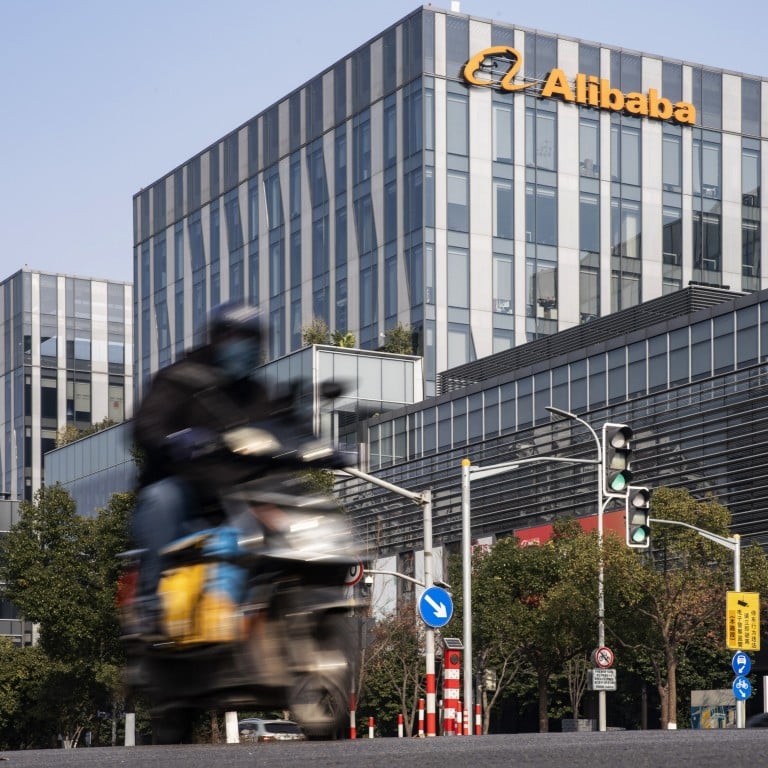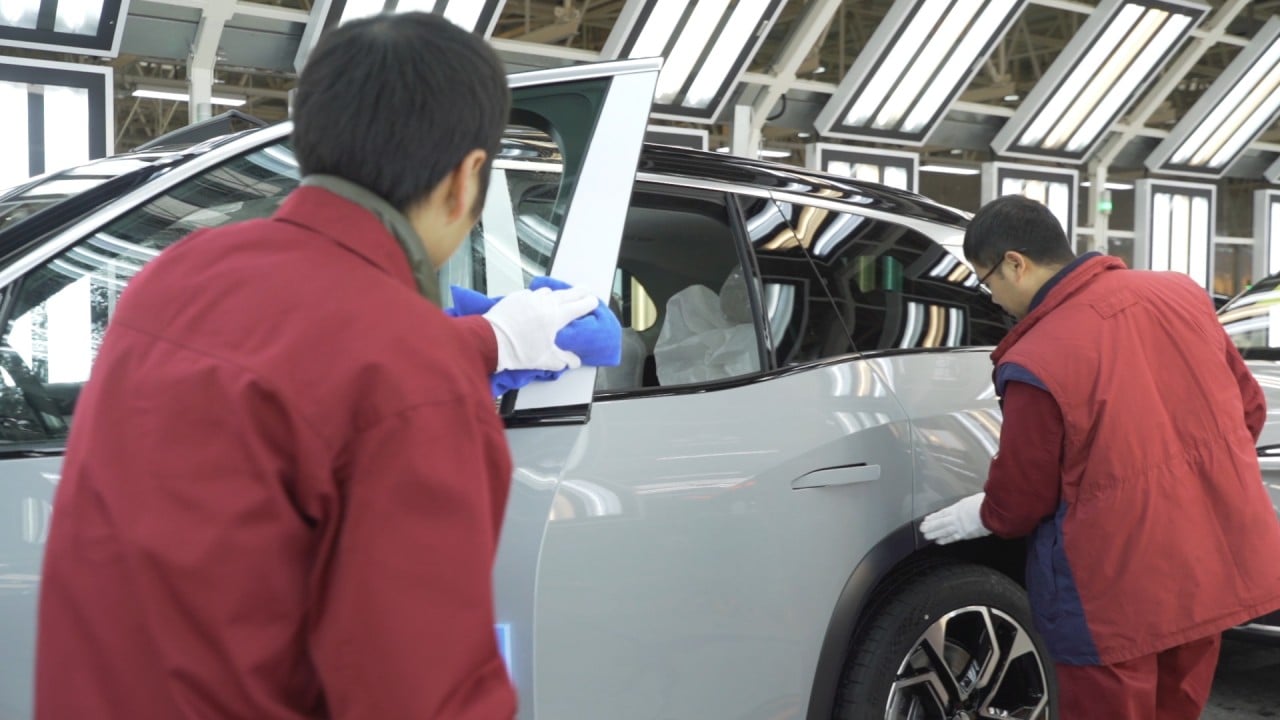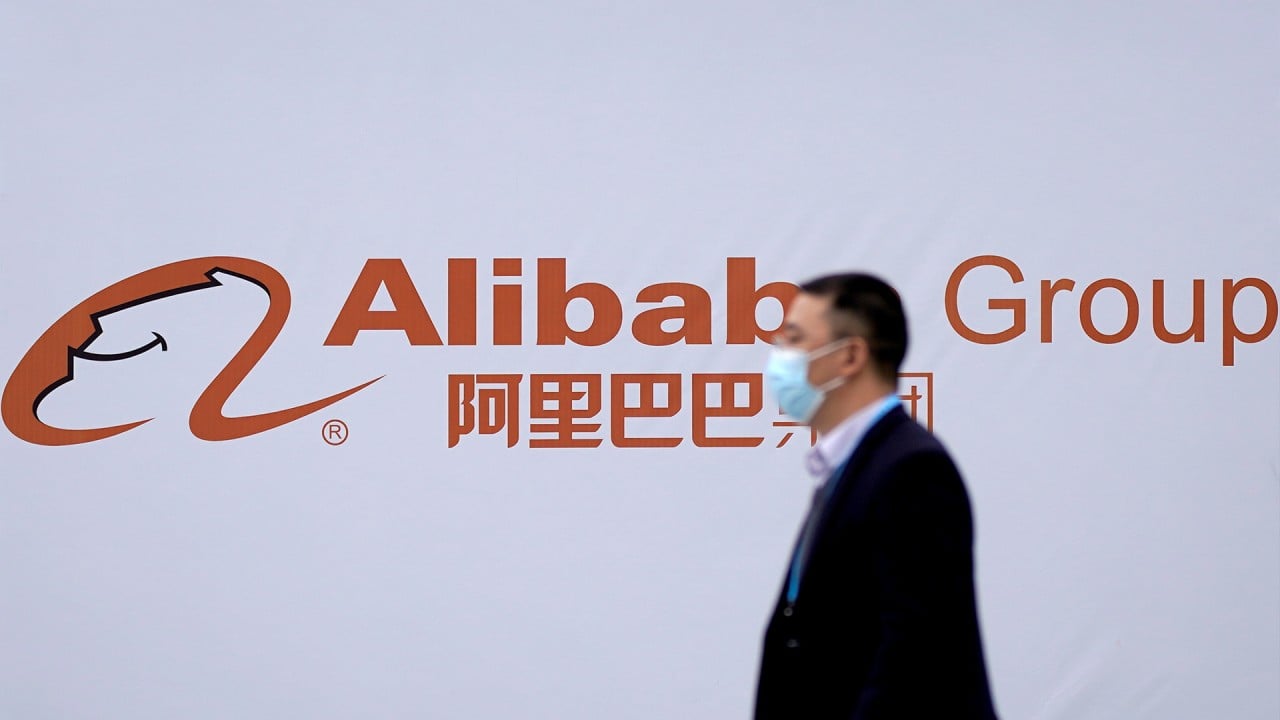
Chinese companies make up 10 per cent of inaugural Hurun list of most valuable firms globally, grew 73 per cent last year
- The Chinese companies on inaugural Hurun Global 500 list added US$2.2 trillion in value last year, growing by 73 per cent
- Covid-19 fuelled an already powerful technology boom, says Rupert Hoogewerf
Chinese electric vehicle, health care and e-commerce companies were among the world’s 500 most valuable non-state-controlled companies last year, in terms of both market value and numbers, according to Shanghai-based Hurun Research Institute.
Led by Tencent Holdings and Alibaba Group Holding, 51 Chinese companies are included in Hurun’s inaugural Hurun Global 500 list, which was released on Tuesday. The list ranks companies according to their value as of December 1, defined as market capitalisation for listed companies and valuations for non-listed companies. The Chinese firms were worth US$5.2 trillion.
“Covid-19 put rocket fuel under an already powerful technology boom, resulting in a concentration of massive economic power,” said Rupert Hoogewerf, chairman and chief researcher at Hurun.
While the outbreak of the coronavirus has hurt economic growth worldwide, Chinese companies have remained resilient. The Chinese companies on the new list added US$2.2 trillion in value last year, growing by 73 per cent, according to Hurun.
The new list represents the most powerful group of companies in the world, worth a total of US$50 trillion and equivalent to the gross domestic products of the world’s six largest economies, or 60 per cent of global GDP, Hoogewerf said. These firms last year had combined sales worth US$18 trillion, equivalent to the GDP of the United States, and employed 43 million people, equivalent to the working population of Germany, he added.

01:21
Nio enhances production efficiency amid rising orders for its electric-powered SUVs
Tencent, which was worth US$715 billion, and Alibaba, which owns this paper and was worth US$712 billion, were among the top 10, with the other eight companies coming from the US. Chinese electric carmaker Nio was the fastest riser among all companies on the list, climbing 22 times over the previous 12 months to US$61 billion.
Other Chinese carmakers, such as BYD, which gained US$55 billion to US$70.7 billion over the same period, and Xpeng Motors, which added US$34 billion in value to US$37.7 billion, were also on the list. China electric vehicle battery producer CATL, which added US$59.3 billion to take it to US$86.9 billion, also figured on the new list.
Only three individuals on the list founded more than one of the companies that were included. Among them were Jack Ma, with Alibaba and Ant Group, and Li Ge, with Wuxi Biologics and Wuxi AppTech. Elon Musk led this group with Tesla, PayPal and SpaceX.
Tesla jumped eightfold over the previous 12 months to US$546 billion and was in ninth place. IPhone maker Apple topped the list with a market value of US$2.1 trillion, followed by Microsoft and Amazon at US$1.6 trillion each, and Alphabet, the parent company of Google, which was worth US$1.2 trillion.
The four trillion-dollar companies added US$2.6 trillion last year, equivalent to the GDP of India, taking their total value to US$6.6 trillion, or 13 per cent of the 500 companies on the list. The top 10 companies on the list were worth US$10 trillion, making up 20 per cent of the Hurun Global 500 and equivalent to more than China’s GDP, Hoogewerf said.
More than 50 health care companies also made the list, led by Johnson & Johnson in 14th place, which was worth US$388 billion. Switzerland’s Roche Holding was in 30th place, with US$232 billion.

01:26
China kicks off antitrust probes into Alibaba over alleged monopolistic practices
“Antitrust trends are picking up, with the US, European and Chinese regulators launching investigations into anti-competition and monopolistic practices,” Hoogewerf said. “In China, for example, Alibaba dropped 20 per cent in December after the launch of an investigation into anticompetitive behaviour.”

